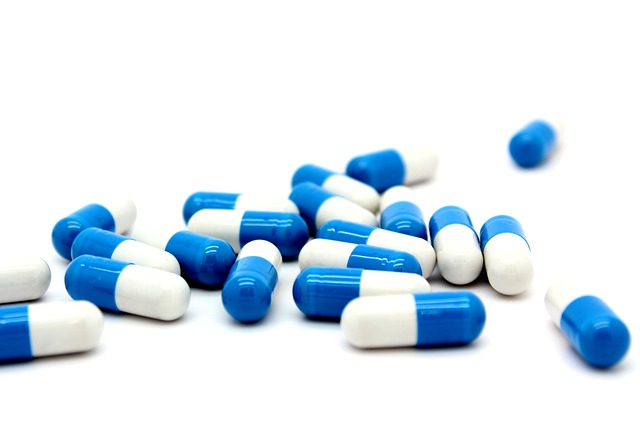
Supporting the Emotional Needs of Struggling Learners
April 12, 2017
What is Dyslexia?
May 3, 2017
Last week we asked our Facebook friends about their knowledge regarding ADHD medication, based on commonly asked questions that we receive at Springer School and Center.
Answers to last week's Facebook poll
We receive many questions from parents and educators concerning the use of medication in children with ADHD, so we consistently stay current on the most recent research to inform our practice. The poll answers are below:
When was stimulant medication first used to help students with learning and behaviors issues?
1937: While 67% of our 205 respondents chose 1975 as the year that stimulant medication was first used, Benzedrine (racemic amphetamine) first showed improved school and behavior performance in a study done by Dr. Charles Bradley in 1937. Stimulant medications have been studied more than nearly all other medications, though more studies are always beneficial to continue to tease out both short- and long-term effects of the medications.
Medication does not cure ADHD: True or False?
True: 99% of our voters were correct that medication does not “cure” ADHD. Once the medication wears off, the symptoms return. However, the right medication for a child can alleviate the symptoms of ADHD, much like the correct prescription for contacts or glasses can alleviate the symptoms of near-sightedness. The proper medication can allow a child with ADHD to focus better, reduce impulses, and stay on-task.
Medication should not change a child’s personality: True or False?
True: Again, the majority of our voters, 85%, chose correctly. ADHD medications should not change a child’s personality. If your child is taking an ADHD medication and seems overly irritable, zoned-out, teary, or just not himself, I would encourage you to talk to your doctor to see if the medication and dosage are right for him. Children who are taking the correct medication and dosage often report that they feel more focused and present at home and at school.

Use of ADHD medication can safeguard from risky behaviors: True or False?
True: 60% of our voters thought that the use of ADHD medication can safeguard from risky behaviors. Recent long-term studies confirm that teens with ADHD show decreased rates of risky behavior in the teens that took medication for ADHD, as compared to those who did not, including a lower likelihood of abusing drugs and alcohol, sustaining an injury, and contracting an STD.
While we are always building our knowledge on topics of interest to our parents, such as medication use in children with ADHD, we do not dispense medical advice; we advise you to speak to your pediatrician or other medical professional about any questions or concerns about the use of ADHD medication with your child.
Blogger Stephanie Dunne, Ed.S., is the Center Director at Springer School and Center. Prior to coming to Springer, Stephanie practiced as a school psychologist in public and private schools for ten years. If you have questions, please contact Director of Learning Programs Carmen Mendoza at .



